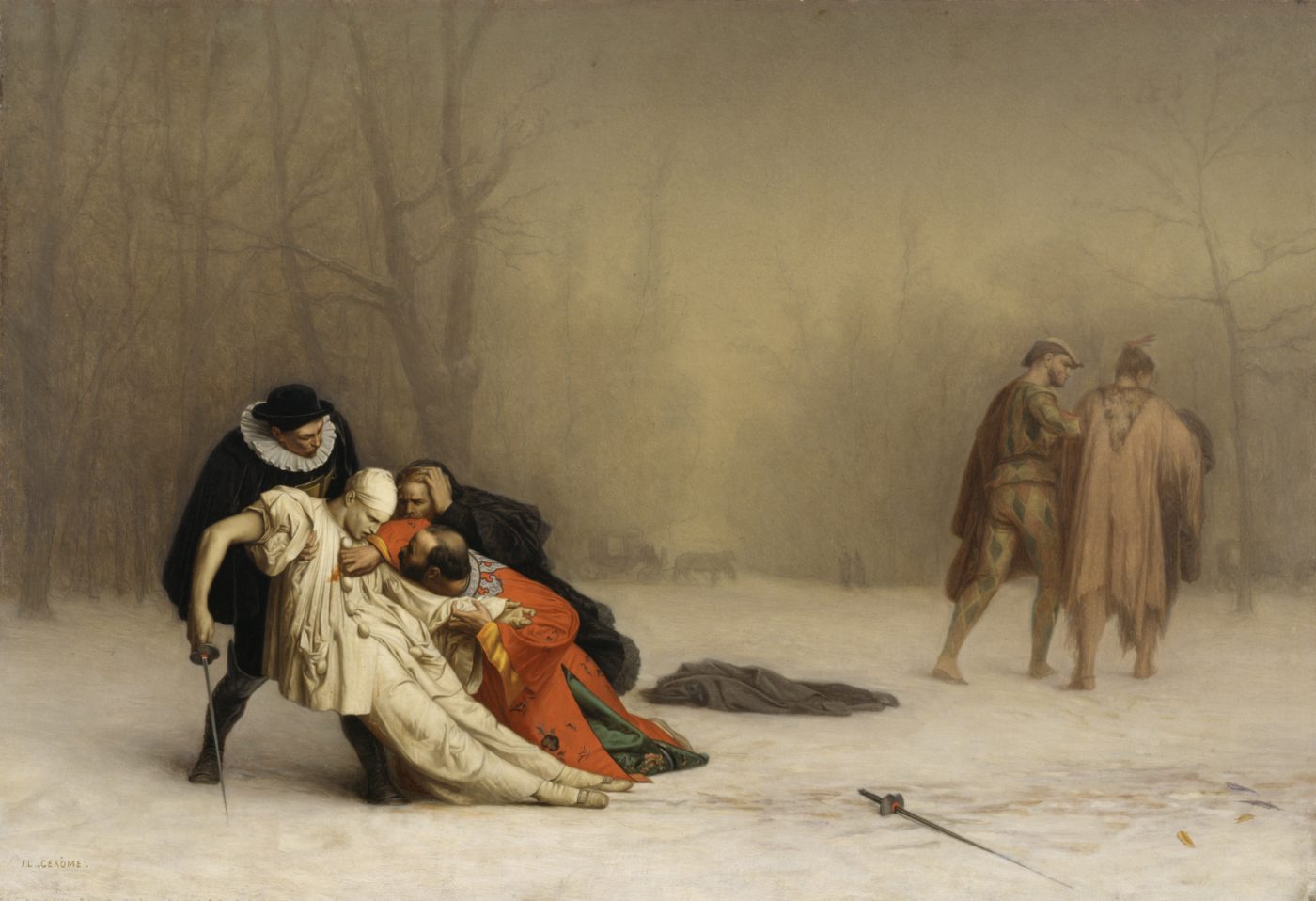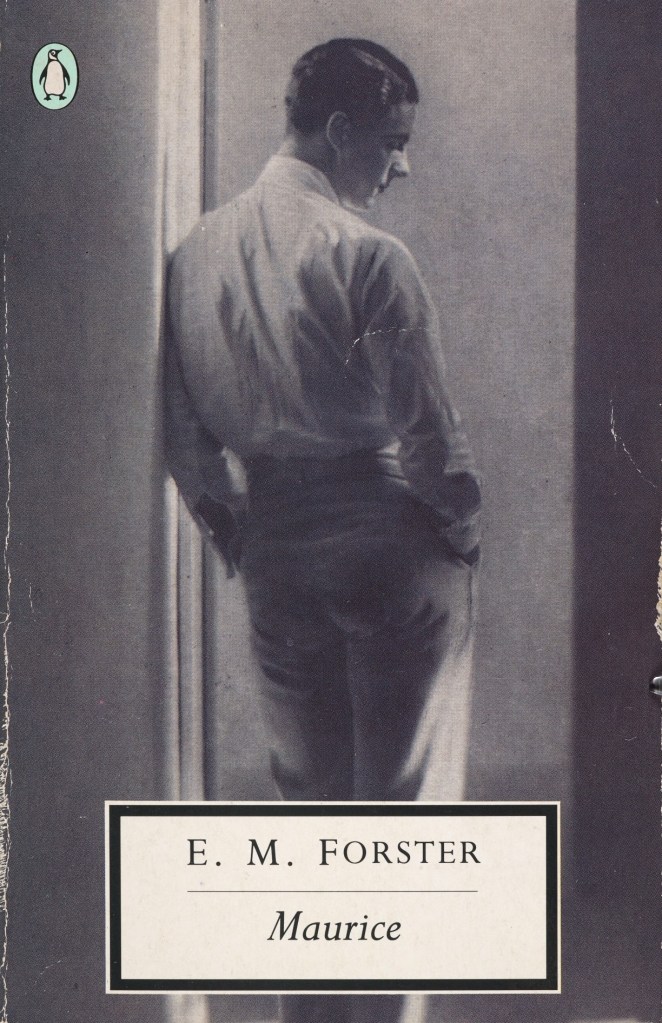Alec
~ A Capsule Book Review by Allen Kopp ~
English author E. M. Forster lived from 1879 to 1970. He wrote his novel Maurice in 1912-1913, but it wasn’t published until 1971, after his death. The reason for the delay in publication is the novel’s unusual subject matter: an upper-class gentleman, Maurice Hall, has a homosexual affair with a man of the lower class, Alec Scudder, who happens to work as a gamekeeper for the salary of twelve pounds a year. Homosexuality was still a crime in Britain in 1912-1913, so Forster feared serious backlash from such a novel, especially since it has a happy, positive conclusion. Maurice Hall and Alec Scudder are not freaks and they don’t destroy themselves at the end of the book.
Fifty years after its publication and more than a hundred years after it was written, Maurice remains enduringly popular. Now a writer named William di Canzio has written a novel, Alec, that picks up where Maurice left off.
It’s 1913, a repressive time in England for men of a different stripe. When Maurice Hall goes to his friend’s estate for a visit, he encounters a gamekeeper named Alec Scudder. They both harbor a secret that they keep from the world. When Alec boldly climbs into the window of Maurice’s room late at night, a barrier between them falls away. They find they connect in all the important ways, even though they belong to different classes. Alec plans to emigrate soon to Argentina, but Maurice gets him to stay in England. They decide they will spend their lives together, knowing they will face tremendous disapproval from the world.
That might be the end of the story, but it’s 1914 and war breaks out (what will later become known as World War I). Maurice and Alec must do their part for their country, so they both enlist. They think they can be together during their military service, but it doesn’t quite work out that way. Alec joins the Welsh Fusiliers and Maurice ends up fighting in Gallipoli in Turkey, a hell-hole if there ever was one, where fighting conditions for English soldiers could not have been worse.
Almost the second half of Alec is about the hellish trials that Alec and Maurice both face in the war. They are both wounded and must endure loneliness, hardship and deprivation. What’s worse, they aren’t able to communicate with each other, so neither knows if the other still lives. In the chaos and confusion of war, Maurice is listed as “missing in action.” Is he one of the many fatalities of war, or does he still live?
If you have ever read Maurice by E. M. Forster and are a fan, you must by all means read Alec. It may offer nothing new about the struggle that gay men face in a hostile world, but it’s a compelling and intelligent reading experience. The war in Alec is well-researched and has a feeling of immediacy. As with many wars before and after, it was a war of blunders and mismanagement, of “lions being led by donkeys.” The more things change, the more they remain the same.
Copyright © 2021 by Allen Kopp


